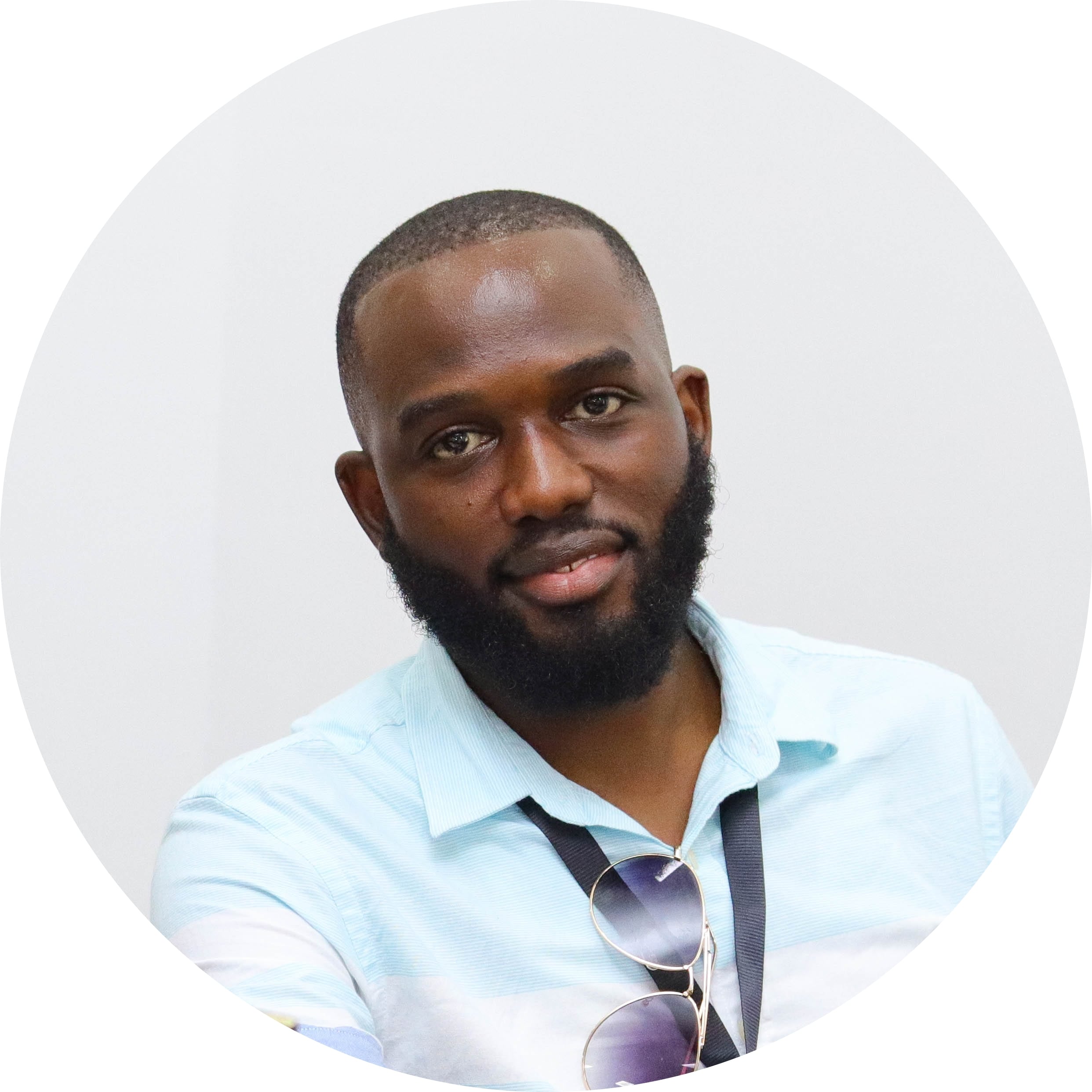ABOUT THE MILLENNIUM FELLOWSHIP - CLASS OF 2023
United Nations Academic Impact and MCN are proud to partner on the Millennium Fellowship. 44,000+ student leaders from 3,300+ campuses across 170+ nations applied to join the Class of 2023. 260+ campuses worldwide (just 9%) in 38 countries were selected to host 4,000+ Millennium Fellows for the Class of 2023.

UNITED NATIONS ACADEMIC IMPACT AND MCN PROUDLY PRESENT BILDAD OKWAMA, A MILLENNIUM FELLOW AND CAMPUS DIRECTOR FOR THE CLASS OF 2023.
Amref International University | Nairobi, Kenya | Advancing SDG 3 & UNAI 2

Millennium Fellowship Project: Engage
Despite Africa accounting for only 2-3% of global emissions, the repercussions of climate change are disproportionally affecting health outcomes within the continent with marginalized and under-resourced communities most affected. According to World Health Organization, of 2121 public health events recorded in the African region over the past two decades, more than half at 56% were climate related. The life-threatening impacts of climate change worsens excisting health inequalities with women and people living with disability likely to bear the heaviest burden due to their lack of access to health care services, extreme weather patterns and food insecurity, limited access to safe water and extreme exposure to social determinants of health such as poverty, unemployment and lack of education.
Globally, natural disasters such as drought, floods and storms kill more women than men and tend to kill women at a younger age. These inequalities have been intensified from the already fragile health sector currently struggling to recover from the effects of COVID-19 pandemic and therefore require that adequate measures are put into place to ensure their participation in disaster response planning for emergency situations, humanitarian emergency response as well as healthcare services. Persons living with disability who already have a variety of impairments may experience health and climate change impacts differently and worse than others due to already existing attitudinal and environmental barriers which hinder their holistic and equal participation in the society with others. Meaningful participation, inclusion and leadership of persons living with disabilities and their representative organizations within disaster risk management and climate-related decision making at the local, national, regional, and global levels forms an integral approach to climate action that is respectful of the rights of persons living with disabilities.
Engage project’s goal is to ensure there is an integrated approach towards inclusion of women and person living with disability in climate change and health conversations. The project will ensure climate change adaptation measures targets building resilient communities and health systems by advancing health equity for women and people living with disability through their inclusion; active, free and meaningful participation; climate emporwerment; non-discrimination as well as addressing loss and damage. This will be achieved through their engagement and organizations representing them at all levels of action and decision making to ensure their needs and participation are taken into consideration which also creates awareness, understanding and provide solutions related to health and climate action.
About the Millennium Fellow
Bildad Okwama is an eye health specialist currently pursuing undergraduate studies in Health Systems Management and Development at Amref International University. He is passionate about contribution to age, gender and disability inclusion into health and climate change conversations. Through this leadership fellowship, his ENGAGE project intends to ensure women and persons living with disability are included in climate change and health conversations with an aim of building resilient communities and health systems that are able to mitigate the adverse effects of climate change.








